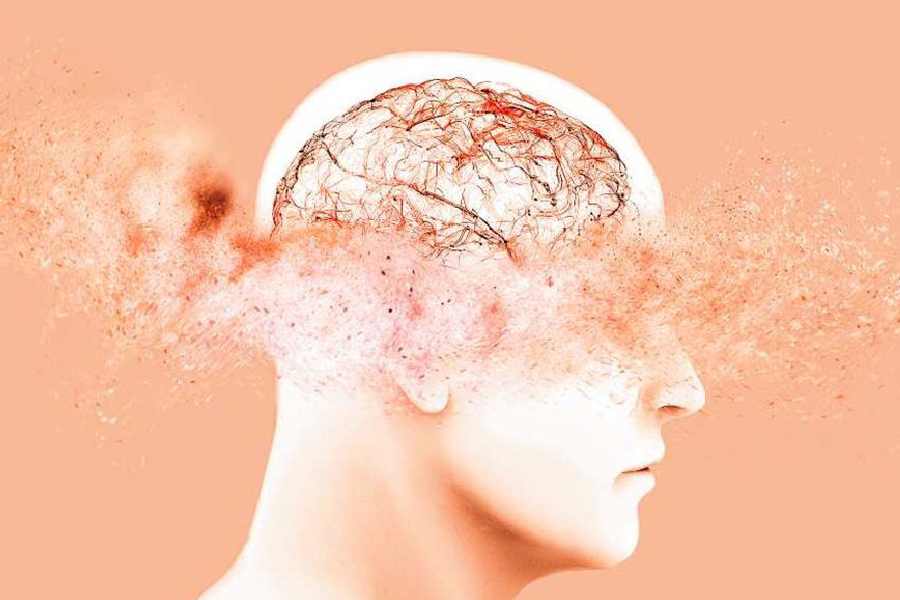At first, there was thought. Thinking, evolutionary science says, evolved even before Homo sapiens did and, over time, it became the basis of human existence: cogito, ergo sum, as René Descartes put it — to think is to exist. Philosophers from Socrates to Martha Nussbaum have underlined the centrality of thinking, especially critical thinking, to a good life and a better world. But Socrates had also warned that too much of anything is a trap for unhappiness, and Indians seem to have been ensnared. A recent study by YouGov and Center fresh shows that 81% of Indians say that they spend more than three hours a day overthinking. Where reflective thinking is purposeful and clarifying — it involves weighing options, questioning assumptions, and arriving at insight or a decision — overthinking is repetitive and unproductive, circling the same doubts or fears without resolution. Thinking sharpens understanding; overthinking blunts it; the former moves thought forward; the latter stunts it.
It might be worth asking what is it that has Indians brooding thus. The answers are as illuminating as they are concerning — 61% of Indians, especially members of Gen Z and women, spend at least five hours overthinking whether their Instagram story is worth sharing, while some 42% people spend all their time thinking about whether people — bosses, relatives, girlfriends — are offended with them. A whopping 63% also take longer to mull over what to order from a menu than which political leader to vote for. Their anxieties — the cause of overthinking — may seem trivial but they are instructive. This being the age of self-obsession, personal posts and images on social media are only to be expected. But this is also the Age of Censorship. Thus posting a political cartoon can lead to first information reports and even arrests; the cynic would also quip that keeping bosses happy matters in an economy blighted by soaring unemployment rates; moreover, friends and relatives have been driven to murder on account of heated WhatsApp chats. If this is how fraught and perilous everyday life is for Indians, spending hours exercising the mind on such issues can hardly be deemed as unproductive. There is perhaps another way of examining this trend of overthinking. Studies have found that channelling one’s anxieties towards the seemingly mundane helps people live in denial about grave crises. Overthinking, then, becomes both a defence mechanism and a form of denial.
Worryingly, the survey also shows that the final nail in the coffin of critical thought in India might be attributed to digital technology. People spend their time overthinking while outsourcing serious, contemplative queries to ChatGPT and Google, with 87% Indians turning to Artificial Intelligence for answers to the mundane and the profound. Be it whether to get married or what Article 370 entailed or what are the reasons to stay alive, the country seems to be entirely dependent on Google for questions that need ruminating, if Google’s annual publications of most popular searches are anything to go by. When citizens outsource judgement on fundamental questions while hoarding their mental energy for menus and Instagram posts, collective intellectual life as well as the inner lives of individuals become shallow and vulnerable to manipulation. The burgeoning culture of overthinking is then a signpost of the death of cerebral engagement.











